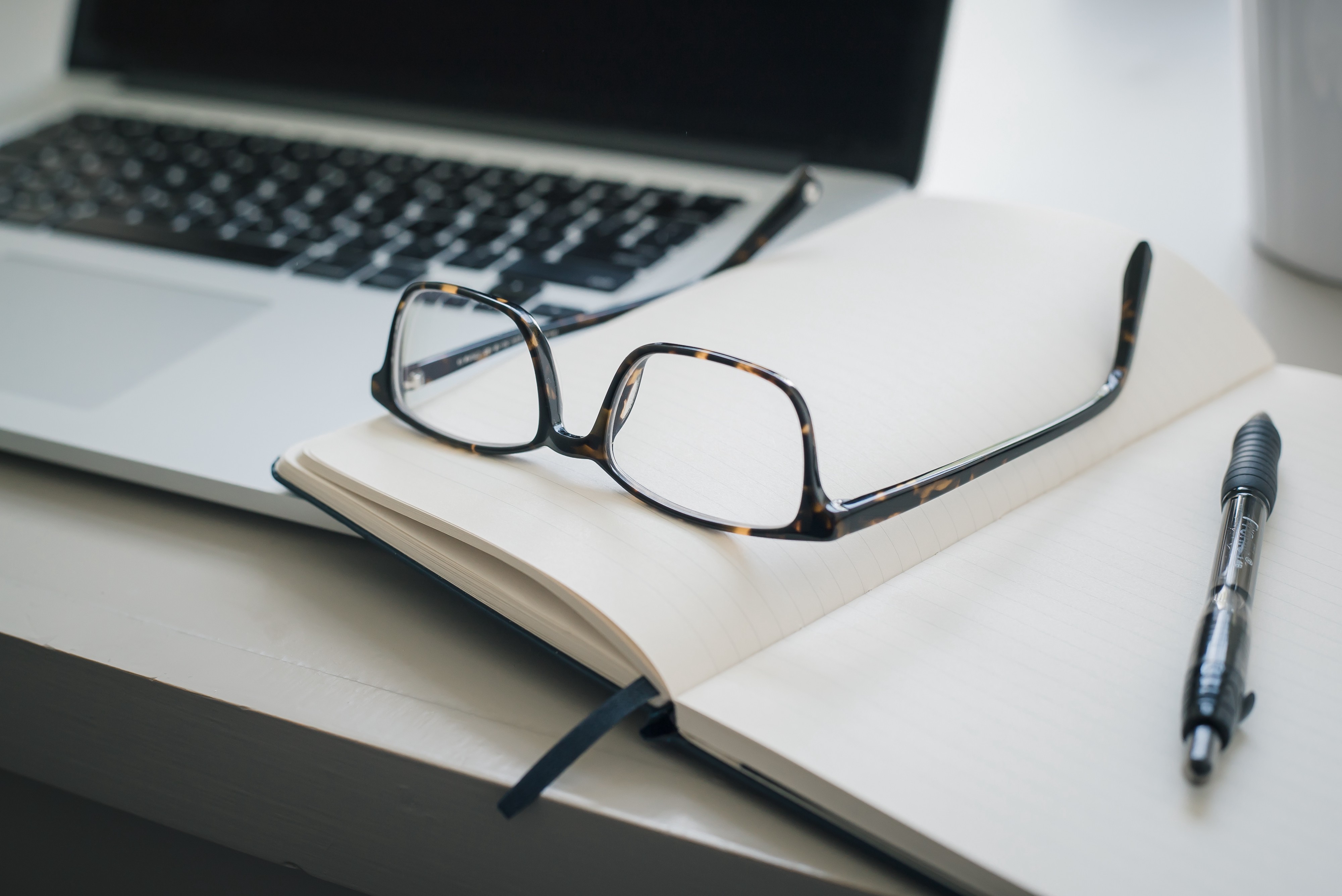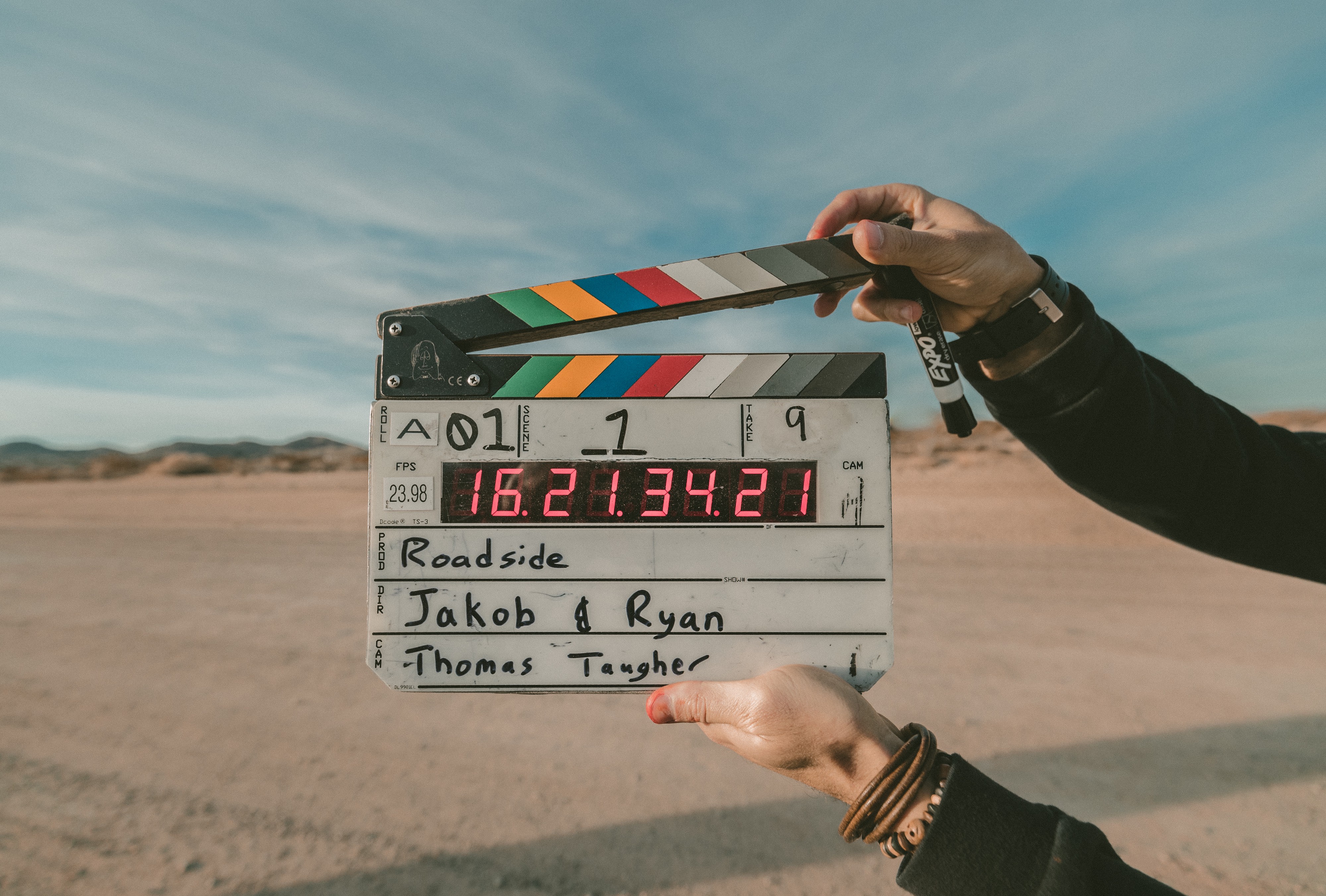Understanding your personality and style can lead to greater self-esteem and satisfaction
 Photo by Daniil Ku?elev on Unsplash
Photo by Daniil Ku?elev on Unsplash
Who am I?
How do I know myself better?
These are questions many of us face at some point in our lives. I know I face these questions every few years. Each time I pay attention to discovering more about who I am and what drives me, I am better equipped to propel myself to my desired future.
Knowing who we are has the been the focal point of a three-part series. We have explored our values ? why and how values can be a guiding force in our life. And we have considered our strengths ? what are they and how can we realize their benefits.
This final part of the series explores our personality and styles. We will cover what is our style, why we should understand it, and how we can use this information to lead a life filled with meaning and purpose.
What is Style?
How we define or describe our personal style can vary. I am not talking about our wardrobe choices or how fashionable we are. It is about our thinking and our behaviors.
Our styles are a combination of our preferences, behaviors, emotions, thought patterns, motivations and qualities that make up our character. It may be how we are described by others as these components are more evident to others than deeper parts such as strengths and values. But it is more than how we are perceived, it is how we think and feel as well, which is our internal experience of our style.
Why Should We Understand Our Style?
When we know who we are we can act with greater confidence, increase our self-esteem, enjoy greater satisfaction from our work, increase our productivity, improve our health and wellbeing and ultimately, live to our potential.
The connection between knowing ourselves and realizing these benefits is that with greater knowledge, comes more choices. We gain self-awareness to make better decisions that align with our true selves. Instead of acting the way others think we should out of a sense of duty, we can honor our authentic self and choose what we know and trust is best for us.
How Do I Discover My Style?
There are many assessments available which can help you uncover your style. My strongest word of caution with any assessment is that you take from it what suits, and put down the rest.
Just as we are not bound by specific character traits because of the time of year we are born (i.e. star signs), any assessment result is a generalization. Use the information as a platform to gain inspiration and inform actions, but do not take it as your limit.
That is, if there is something in an assessment result which does not feel right, it probably isn?t. It also means that you are more than a summary of results. You are capable of so much in your life. So, take the information from an assessment as a guide, rather than the law.
 Photo by Trent Erwin on Unsplash
Photo by Trent Erwin on Unsplash
Assessment Examples
Some assessments which I have taken and found useful are:
Myers-Briggs Type Indicator
I was first introduced to MBTI by a mentor. He suggested I take the assessment to help me understand why I was facing a pattern of limiting beliefs. When I read my results, it was as if the person who wrote the words knew me personally and observed me in my daily life. It was like a light-bulb going off. The information gave me perspective and awareness to help me grow.
The assessment explores your preferences to scenarios such as how you take in information, make decisions and approach the world around you. The results are categorised into 16 personality types.
There is an official MBTI paid assessment you can take online. Or there are free online variations that apply similar principles such as 16 personalities, which I have also taken and found quite useful.
Four Tendencies
Gretchen Rubin?s four tendencies focuses on how we react to internal and external expectations and accountability.
It is a free quiz which categorizes your result into four distinct tendencies: upholder, obliger, questioner and rebel.
I have taken this quiz and the results did not surprise me. Again, it depicted how I behave and respond in certain situations. It served to enhance my overall understanding of who I am, when combined with other information about my style.
DiSC Profile
The DiSC profile is a personality assessment that describes your behaviors and communication styles.
I have taken both a free online version and a more advanced paid version.
The information received from the report helps increase our self-awareness and understanding of how we connect with others. It describes our motivations and the activities we can do with ease, versus those activities which take greater energy to achieve.
Interpreting and Applying Your Results
You may choose to do one assessment or many. I suggest not doing too many at once as it may be information overload and the risk is then not knowing where to start, feeling overwhelmed and discarding the information.
Start with one assessment, then take the time to understand it, before adding more assessment results in the mix.
Reflect
Reflection is a powerful first step in making sense of the information. When we reflect, we consider the information and decipher what resonates most.
Some reflection questions which may assist when reviewing results of your style are:
- How am I currently expressing my style?
- How am I spending my time and energy? It is on parts of my style that are constructive or destructive?
- Do I have opportunities to express myself in ways that are in greater alignment with my values and strengths?
- What challenge does my style pose for me and how will I overcome it?
Act
A great plan without action produces the same result as having no plan at all. We owe it to ourselves to act on the information so we can learn and grow.
Using your reflection on your results, decide what is the highest priority to act on. Decide what steps you need to take first. Then do it!
To help identify your priorities, you could consider how to optimize the parts of your style that are in greatest alignment with values and strengths. Or consider how you can mitigate or minimize the impact of your styles that take you out of alignment.
Share
As always, sharing our results can help keep us accountable and we can gain some assistance to support us on our way.
Do you have a close friend or mentor with whom you could discuss your results? Verbalizing your thoughts about your style with another can lead to greater understanding of it, new insights and perspectives.
Alternatively, you may wish to find a coach to work with you on taking your plan of action and turning it into completed activities and goals.
Tips to Remember
- Any assessment of ?who you are? is not set in stone. It is a point in time reflection of how you answer and respond to certain questions at that moment, and it may change over time as we learn and grow. Use it as a guide, rather than a rule book. Take the information and results as a prompt to stimulate thought and then decide how you will use the information.
- Beware of over-relying on the information ? this is not your limit, it is the foundation from which you can build upon. However, be mindful to not over-rely on certain traits. For example, I can be very good at planning. But if I only spend my time planning I will never get anything done. Use the information to guide how you can leverage one strength or style into being more effective overall.
- Nothing changes unless we change. This increased knowledge of who we are is interesting to know. What takes it from being interesting to transformative is how we use it. So, take a chance, decide to do something differently with this new knowledge of who you are, then act on it.
 Photo by Jakob Owens on Unsplash
Photo by Jakob Owens on Unsplash
How Do I Know Myself Better?
To know yourself as the being underneath the thinker, the stillness underneath the mental noise, the love and joy underneath the pain, is freedom, salvation and enlightenment ~ Eckhart Tolle
Throughout this series we have explored many facets of what makes us who we are. Values, Strengths and Styles.
Think of your personality and styles as an outer layer ? this is what you are showing to the world expressed through your behaviors. Your strengths are an inner layer, your aptitude and potential that can drive your behaviors when channeled right. Your values are your innermost being ? the core of who you are. Values can drive the whole show ? if you are in tune and let them.
It is up to you to decide whether you will coordinate these parts in unison. This is the power of knowing ourselves better. We become equipped with knowledge that can enable us to transform our thoughts, feelings and actions into living to our potential.


